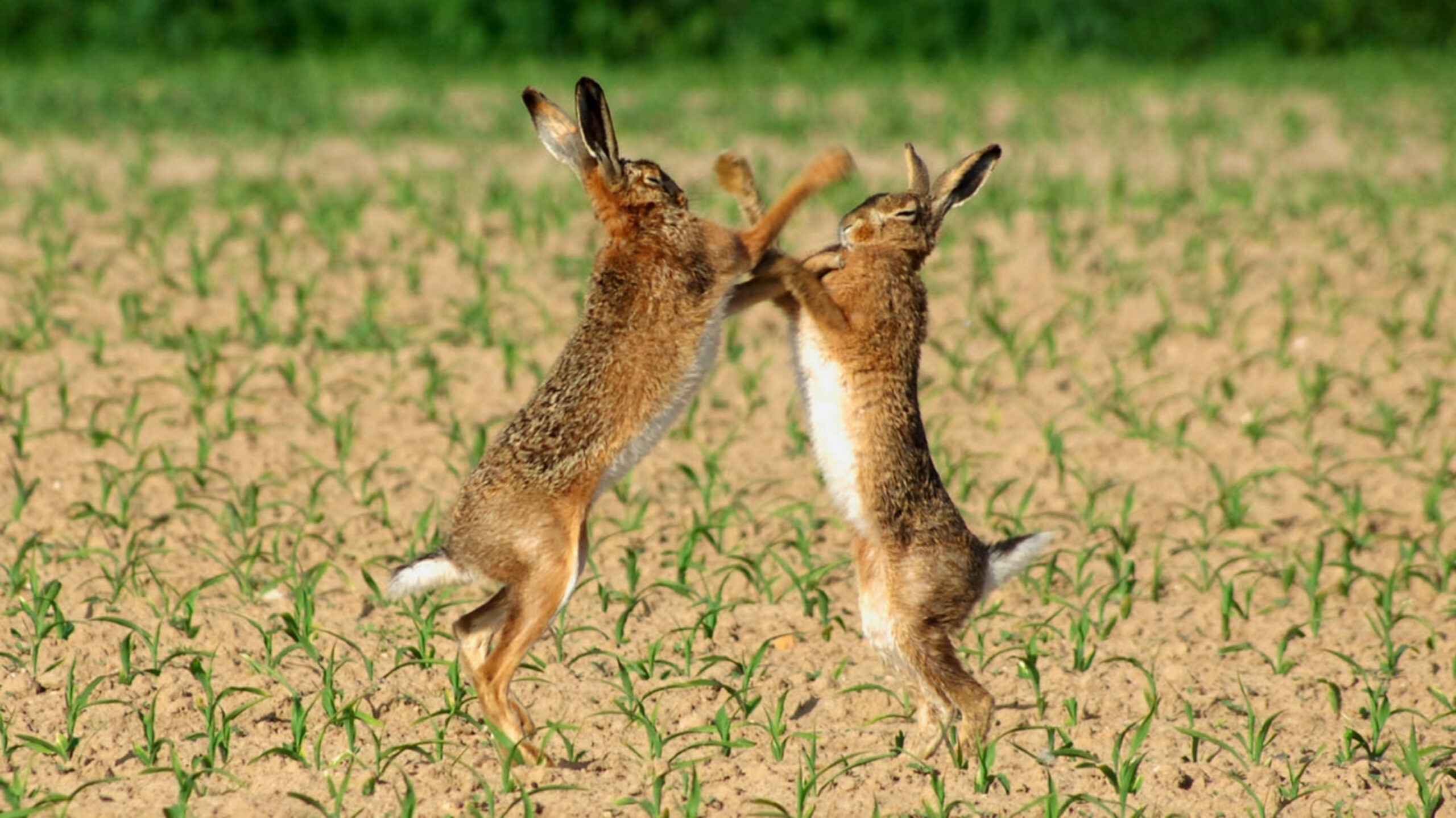What Do Jack Rabbits Eat?
Jackrabbits, also known as hares, are fascinating creatures that belong to the Leporidae family. They are found in various habitats, including deserts, grasslands, and forests. These speedy animals are known for their long ears and powerful hind legs, which enable them to sprint and leap great distances when they sense danger. In order to maintain their energetic lifestyle, jackrabbits require a specific diet that provides them with the necessary nutrients and energy. Let’s explore what these herbivores eat in the wild.

Natural Diet of Jack Rabbits
Jackrabbits primarily feed on plants, including grasses, weeds, and shrubs. They are known to be selective eaters, with a preference for fresh, tender vegetation. Here are some of the key components of their diet:
- Grasses: Jackrabbits consume a variety of grasses, such as buffalo grass, blue grama grass, and side oats grama. These grasses are important sources of carbohydrates and fiber for the rabbits.
- Weeds: They also munch on a range of weeds, including dandelions, clover, and plantains. Weeds provide additional nutrients and minerals that are essential for their overall health.
- Shrubs: Jackrabbits have been observed nibbling on the leaves and young shoots of shrubs like sagebrush and rabbitbrush. Shrubs offer a more concentrated source of nutrients compared to grasses and weeds.
Supplementary Foods
While jack rabbits primarily rely on plants, they may occasionally incorporate supplementary foods into their diet. These additional food sources help to diversify their nutrient intake and provide a backup during times when their preferred vegetation may be scarce. Here are some supplementary foods that jackrabbits consume:
- Cacti: In desert regions, jackrabbits may eat cacti, such as prickly pear, cholla, or barrel cactus. These cacti offer a juicy and water-rich option during the dry seasons.
- Fruits and vegetables: In some cases, jackrabbits have been known to feed on fruits and vegetables if they come across them. This may include berries, apples, and even garden vegetables like lettuce or carrots.
- Bark and twigs: During the winter months when other food sources are scarce, jackrabbits can resort to eating the bark and twigs of trees and shrubs. This behavior helps them survive the harsh conditions until more favorable vegetation becomes available.
Frequently Asked Questions (FAQs)
1. Are jack rabbits strictly herbivores?
No, jackrabbits are primarily herbivores, meaning they mainly consume plant material. However, in rare instances, they may resort to eating insects or even small rodents if other food sources are limited.
2. How much do jackrabbits eat in a day?
Jackrabbits typically consume around one pound of vegetation per day. However, their intake may vary depending on factors such as season, food availability, and reproductive status.
3. Can jack rabbits damage crops or gardens?
Yes, jackrabbits can cause damage to crops and gardens. Their voracious appetite for vegetation may lead them to feed on crops, young trees, and garden plants. Implementing fencing or other deterrents can help protect crops from jack rabbit damage.
4. Do jackrabbits need to drink water?
Jackrabbits have the ability to obtain most of their water requirements from the moisture content of the plants they consume. However, they may still drink water if it is available nearby.
Understanding the diet of jackrabbits is essential for their management and conservation. By ensuring the availability of their preferred vegetation, we can help these fascinating creatures thrive in their natural habitats.
Related Articles…
Copyright Notice:
This website utilizes images found online, all copyrights are retained by their original owners. If you would like an image removed, kindly contact us.